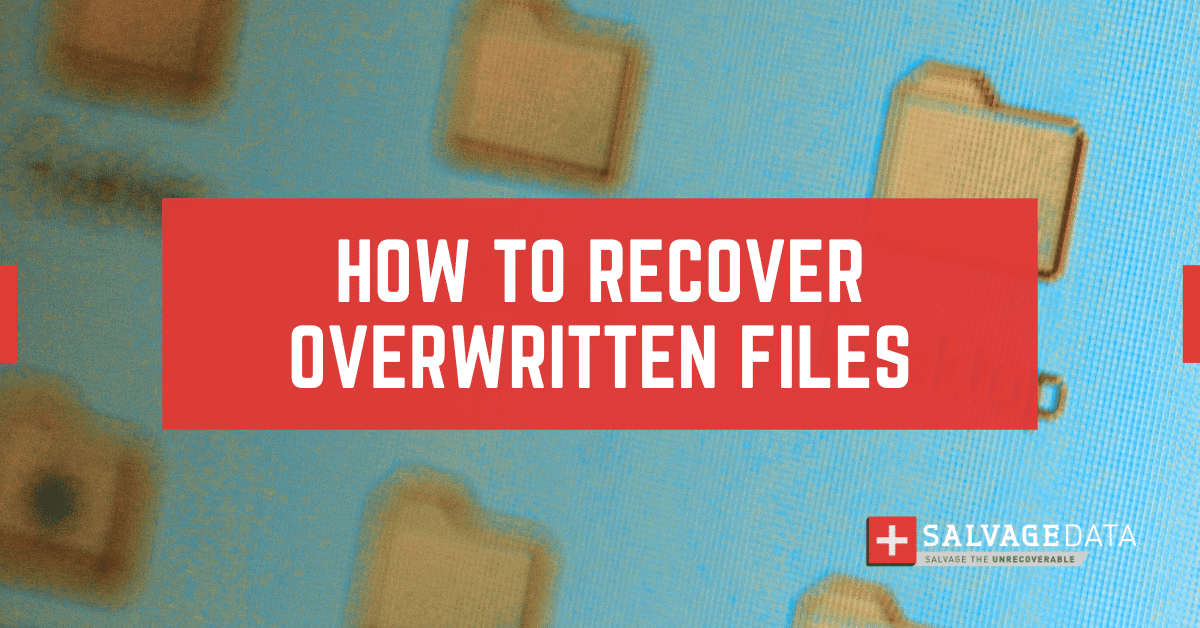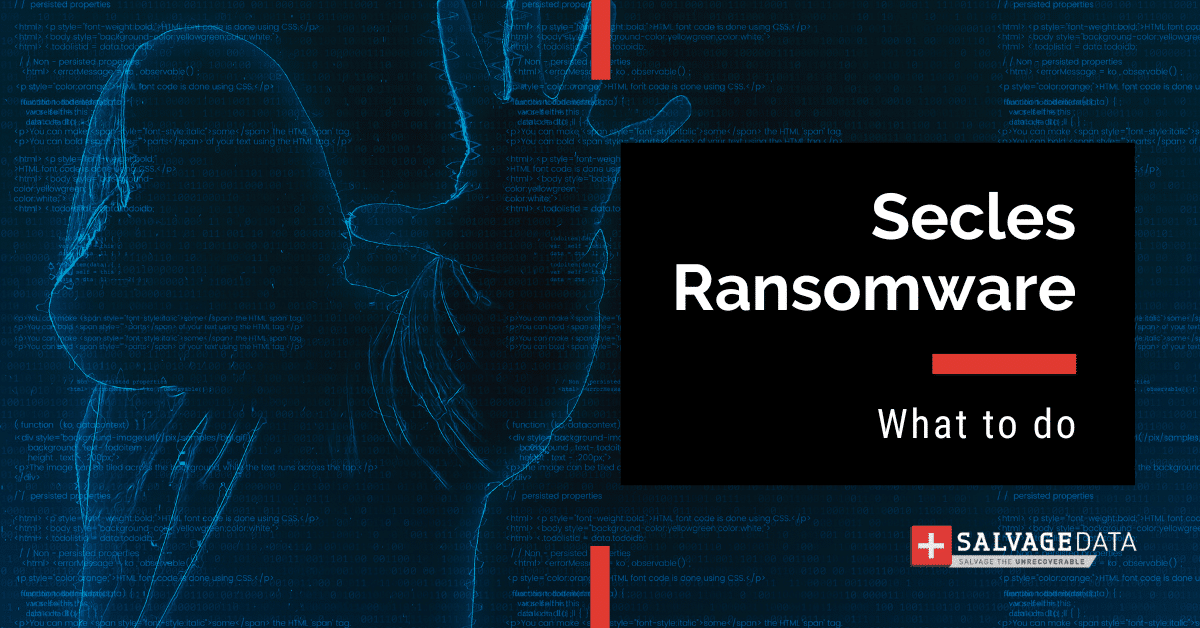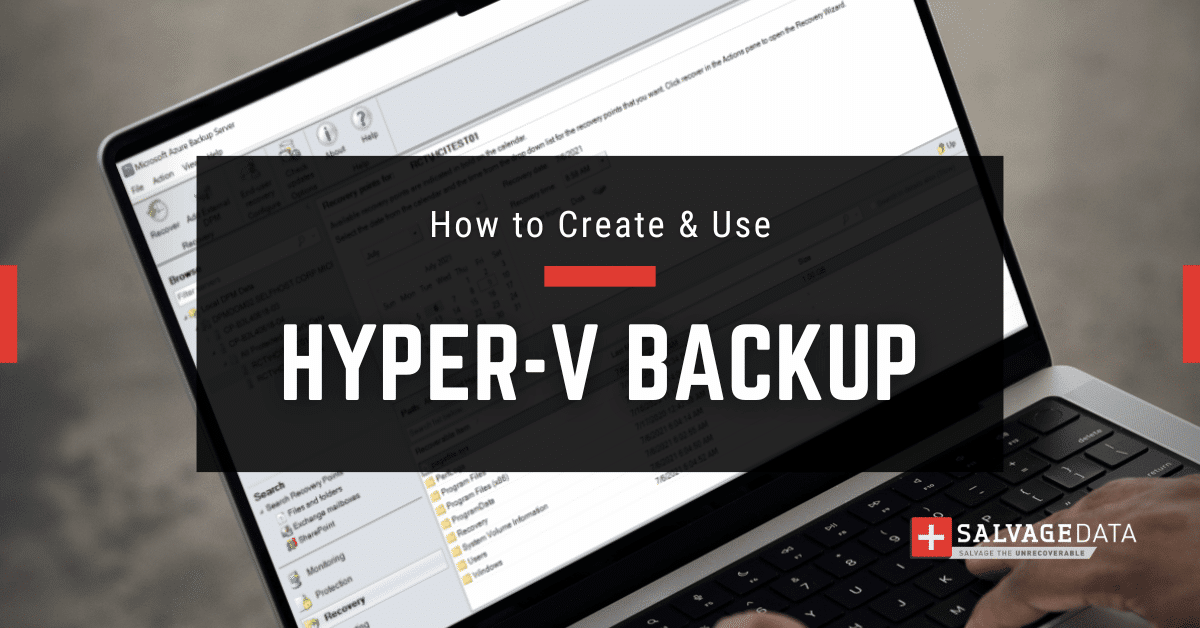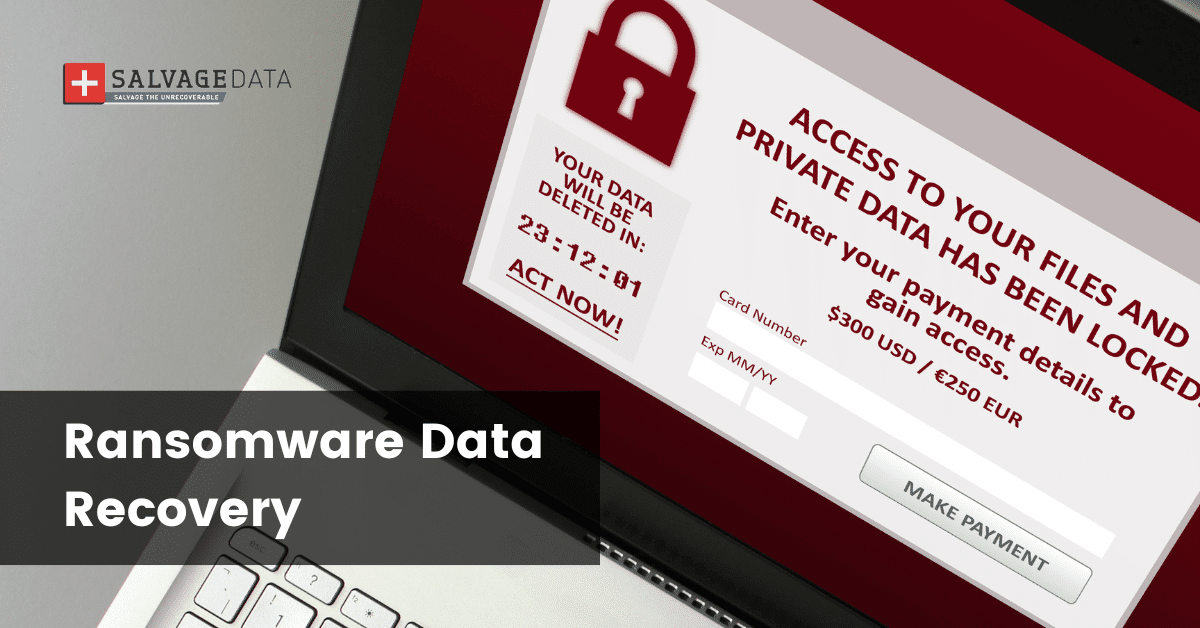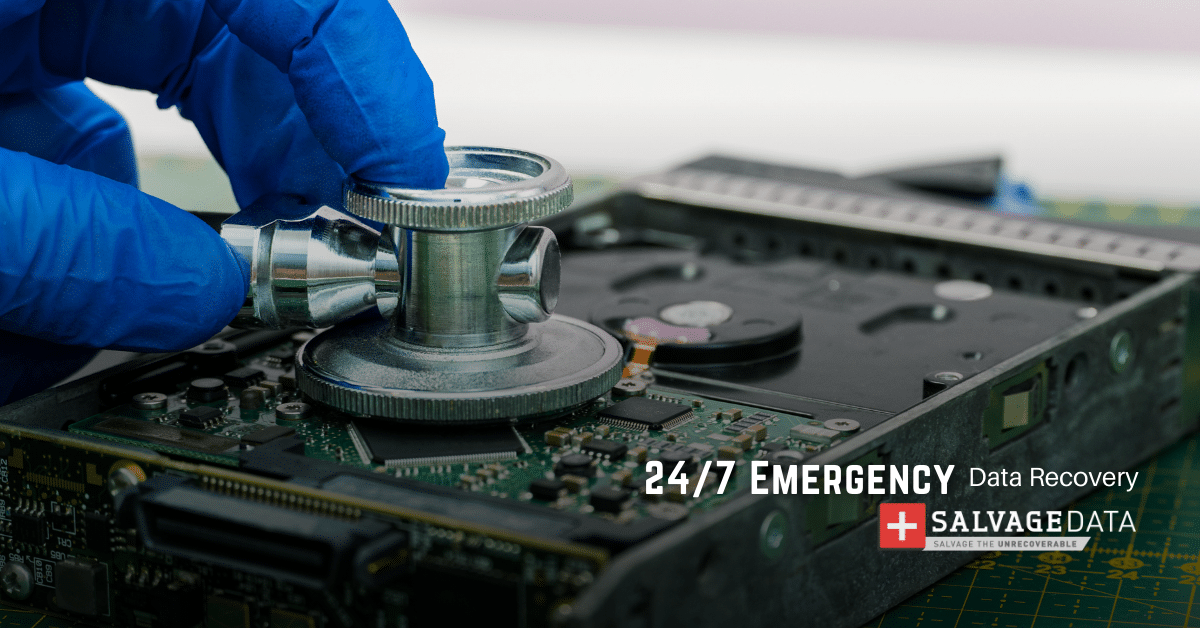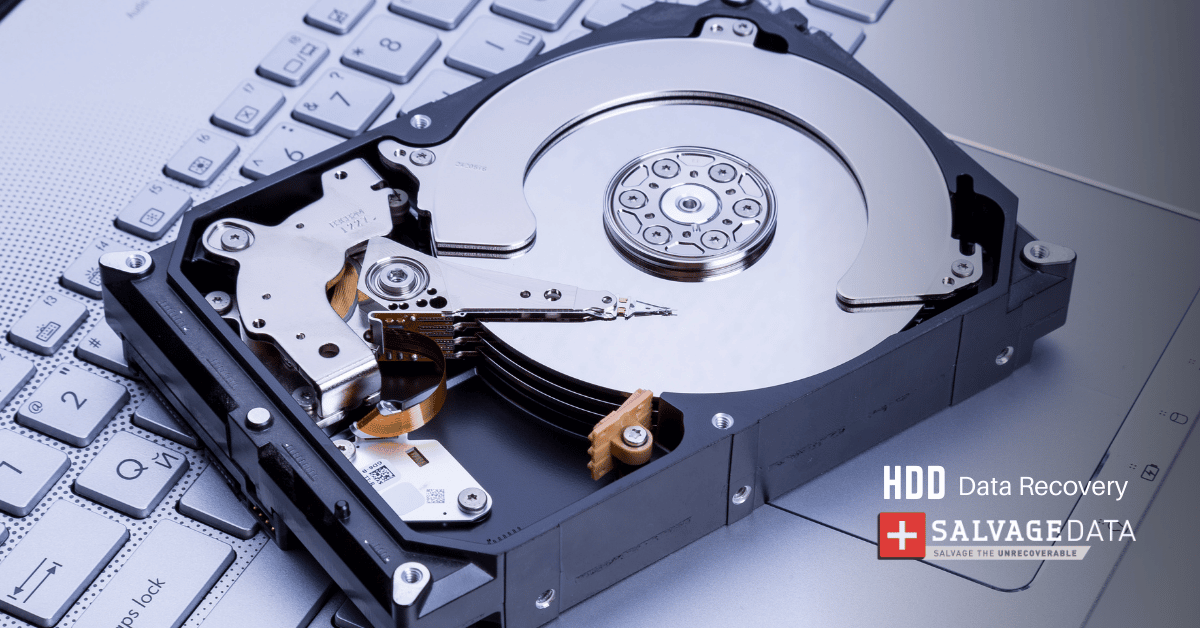Recent Articles
How To Recover Overwritten Files
The Snowflake Data Breach: A Comprehensive Overview
Mac Not Recognizing External Hard Drive: Quick Fix Solutions
How Multi-Cloud Backup Solutions Can Prevent Data Disasters
Capibara Ransomware: What is it & How to Remove
What Should a Company Do After a Data Breach: The Ticketmaster Incident
Secles Ransomware: Removal Guide
What To Do When Your Chromebook Freezes
How to Create Hyper-V Backup
What Is The Best Data Recovery Software For PC

I think there's an issue with my storage device, but I'm not sure Start a free evaluation →
I need help getting my data back right now Call now (800) 972-3282
CryptoLuck Ransomware is a type of malware that encrypts files on your computer and demands a ransom to decrypt them. This ransomware is relatively new, first appearing in late 2016. We believe attackers distribute CryptoLuck through email attachments and malicious websites. Once it’s on your computer, it will scan for certain file types and encrypt them using a strong encryption algorithm. It then displays a ransom note asking you to pay a certain amount of money to get the decryption key.
What encryption methods does CryptoLuck Ransomware use?
This ransomware uses the RSA-2048 and AES-256 encryption algorithms to encrypt files on your computer. These are both very difficult to break.
What types of files does CryptoLuck encrypt?
CryptoLuck appears to only target certain types of files. These include office documents, images, videos, and databases.
How much money does CryptoLuck Ransomware demand?
CryptoLuck demands between 0,5 and 5 Bitcoins. The exact amount depends on how quickly you contact the attackers and make the payment.
What was the biggest CryptoLuck attack?
The biggest CryptoLuck attack we’re aware of happened in December 2016. In this attack, CryptoLuck encrypted over 200,000 files on computers in more than 150 countries.
Protection
There are several things you can do to protect yourself from CryptoLuck Ransomware and other types of ransomware:
– Keep your operating system and software up to date. Install security updates as soon as they are available.
– Use a reputable antivirus program and keep it up to date.
– Be cautious when opening email attachments. Do not open attachments from unknown senders or senders you do not trust.
– Do not click on links in email messages unless you are sure they are safe. Attackers have distributed CryptoLuck and other types of ransomware through malicious email attachments and links.
What should you do if you’re infected?
If you’re infected with CryptoLuck Ransomware, we recommend that you do not pay the ransom. There is no guarantee that you will get the decryption key even if you do pay, and there is a possibility that you could make things worse. Instead, we recommend that you focus on trying to restore your files from a backup.
How to remove CryptoLuck Ransomware?
We recommend using a reputable antivirus program to remove it from your computer.
Is there a public decryption tool?
No, there is not currently a public decryption tool for CryptoLuck Ransomware. This is because the encryption methods used by CryptoLuck are very strong.
Contact a data recovery service
SalvageData is one of the few data recovery services that specialize in ransomware decryption. We have successfully decrypted files encrypted by CryptoLuck and other types of ransomware.
If you need help recovering your files, our team of experts is here to help. Contact us today for a free consultation.
You can also go to the nearest data recovery center and request help there.

